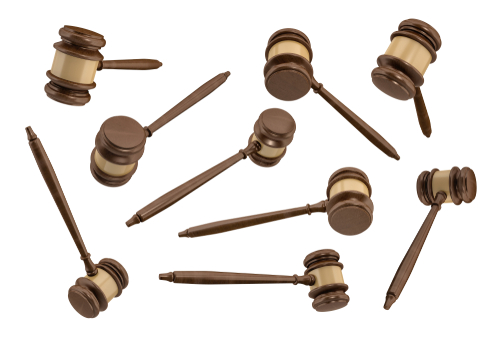Resolution seeks disclosure of secret campaign donations made through nonprofits and super PACs
A resolution passed Monday by the ABA House of Delegates calls for disclosure of secret campaign contributions made through nonprofit groups donating money to super PACs.
Resolution 110B urges Congress to require groups exempt from campaign disclosure requirements, as currently interpreted, to disclose the source of funds and the amounts spent. The disclosure should be subject to threshold limits, however, as needed to avoid infringing on the right of free association, the resolution says.
Contributions and expenditures by 501(c)(4) nonprofits and 527 political organizations remain largely hidden even as they represent an increasing portion of campaign spending, according to a report accompanying the resolution. One 527 group known as a super PAC can accept unlimited amounts of contributions and spend unlimited money on behalf of or against candidates, the ABA Journal reported in May. The expenditures of a super PAC cannot be funneled directly to federal candidates; instead the money must be spent independently.
People or corporations seeking to keep political contributions private donate money to 501(c)(4) nonprofits, which in turn donate to super PACs. In filings with the Federal Election Commission, the super PAC lists the nonprofit, “effectively masking the true source of the funds,” according to the report to the House.
Super PACs flourished after the U.S. Supreme Court ruled in Citizens United that corporations have a First Amendment right to expressly support political candidates with independent spending. The Supreme Court said in Citizens United that government can regulate corporate political speech through disclosure requirements, but it can’t suppress that speech altogether.
Several gaps remain, however, in disclosure of political contributions, according to the report accompanying Resolution 110B.
“This resolution recommends bringing disclosure in line with the ideal invoked by the Supreme Court in Citizens United by placing all political organizations and all political spending under the same disclosure regime,” the House report says.



